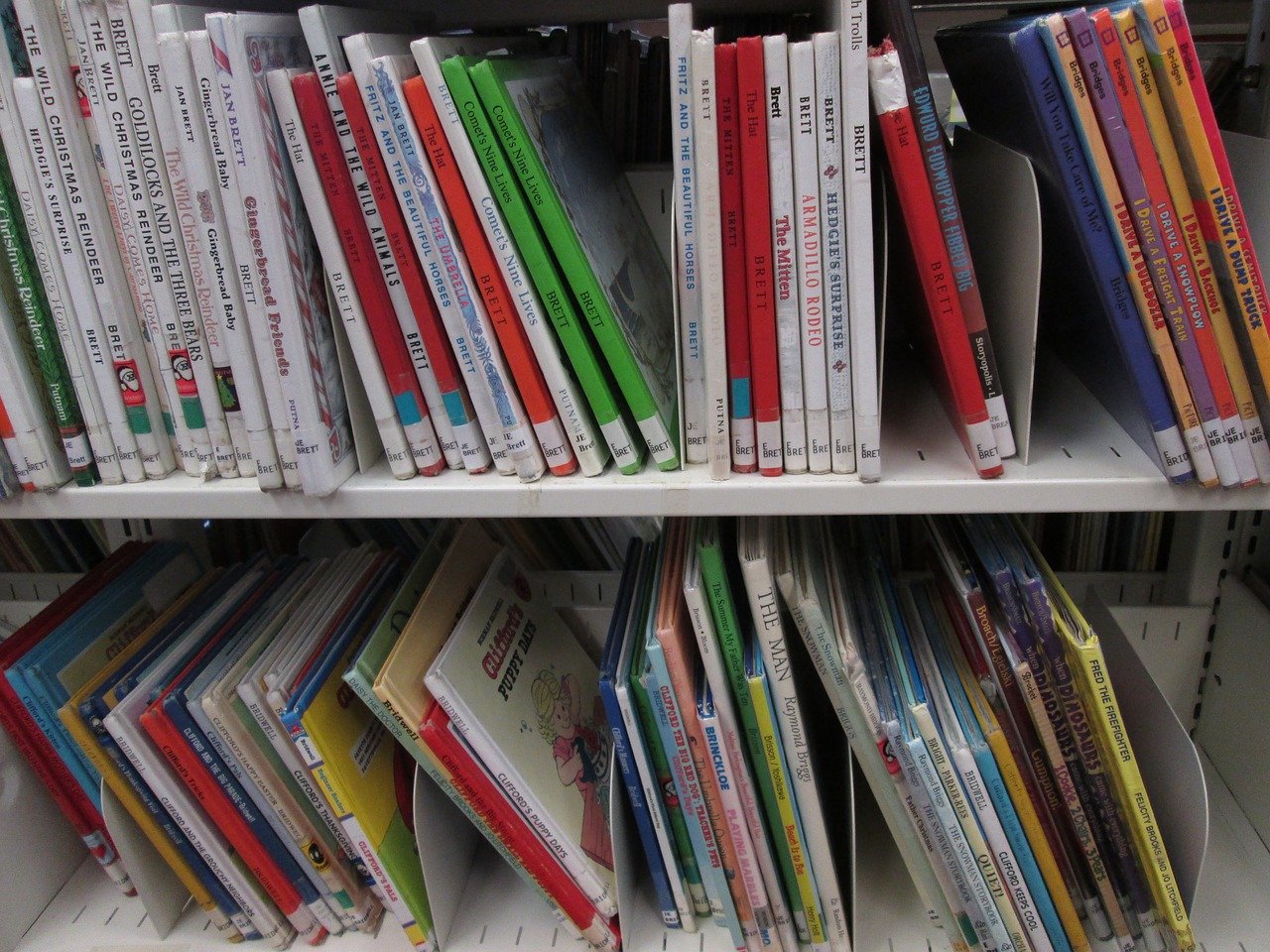In December 2018 researchers from Japan published the results of their study to assess the effects of storytelling on the brains of children. It is known that storytelling provides many psychological and educational benefits, such as enhanced imagination, improved vocabulary, and better communication skills. Brain activity of the children during both storytelling and picture-book reading was assessed using near-infrared spectroscopy, a brain imaging method used to measure blood flow which is an indicator of brain activity. Results showed significant decreases of blood flow in the bilateral prefrontal areas of the brain during picture-book reading when compared to storytelling. A further analysis revealed that there was no difference in blood flow during the telling of a new story when compared with the telling of an old familiar story thereby indicating the level of brain activity was the same whether the story was old or new. The results indicated more sustained brain activation to storytelling in comparison with picture-book reading, which suggests possible advantages of storytelling as a psychological and educational medium in children.
Yabe M et al. Effects of storytelling on the childhood brain: near-infrared spectroscopic comparison with the effects of picture-book reading. Fukushima J Med Sci. 2018 Dec 8;64(3):125-132.

